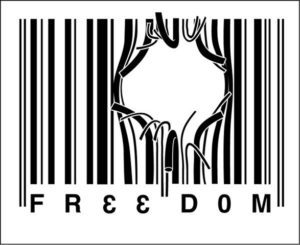I’m moving from my ungainly house of 25 years to a flat in the sky. It’s a misty time, leaving the ground. Among other things, I’m saying goodbye to lots of flowers outside, and to many sweaty hours helping them grow.
 The arc of this gorgeous spring has turned it into a long and very satisfying goodbye. Almost every day brings camera-phone pictures that will one day be joined into a visual feast of yard things from the final year.
The arc of this gorgeous spring has turned it into a long and very satisfying goodbye. Almost every day brings camera-phone pictures that will one day be joined into a visual feast of yard things from the final year.
(It also makes me sad to think that one day soon I may use these smiling flowers as part of a sales pitch – that advertising our home’s value in this way will turn these children of mine into pretty little prostitutes. Only over time does this saner parent admit the many contributions they still make, and how happy they’ll be if they can help me to find them another caregiver for those seasons when I’m gone.)
I’m outside again this morning, just returned from a conference where I kept being pulled into the orbit of people like Matteo Wyliyams (@mouselink) and Alan Weinkrantz (@alanweinkrantz) talking excitedly about how they are using their phones like wands to tell Stories That Enrich Their Own with Instagram.
Every picture you share tells some of your story, they said.
(A few weeks back this same flowering spring, the story was that Mark Zuckerberg determined the price he’d pay for that photo-sharing company by naming the pizza delivered into his living room negotiations “Facebook,” and then figuring out how big a “slice” of its value Instagram should command.)
A lot, they agreed. And worth every penny according to my new conference friends: way more than a thousand words.
(But for Instagram’s founders, the story never told and the pictures never shared were about how saying good-bye to a company you grow is not so different from saying good-bye to a flower. The irony: that we never got to see the play of light, or their unique point of view at that moment in time – and what it would have told us about them.)
Today I’m working on the final curation of my yard, and of my last days in it, through the many screens of nature around here.
I’m calling the pictures I’ve started sharing “screentests”.

They’re another part of my story.




 But most of the venting missed the truly provocative question Keegan was asking: for those in her generation who want to make a difference in the world, how can you get a job that will enable you to start doing so?
But most of the venting missed the truly provocative question Keegan was asking: for those in her generation who want to make a difference in the world, how can you get a job that will enable you to start doing so?